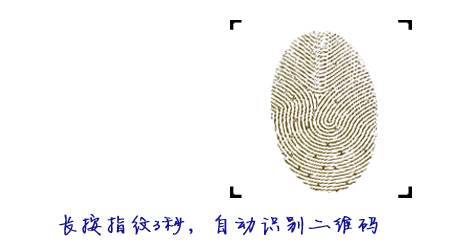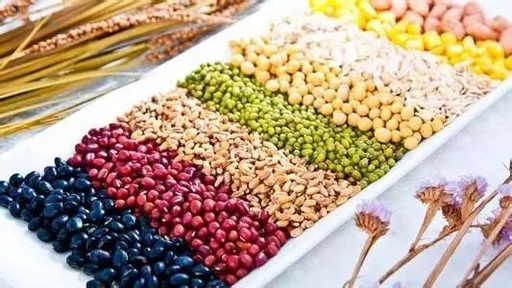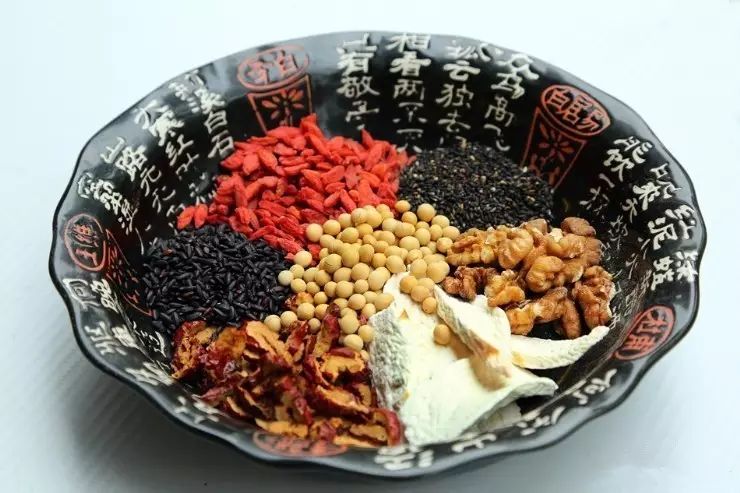
The health preservation method using the five grains is a commonly chosen dietary approach in health management. In many ancient texts of our country, the nutritional value and efficacy of the five grains are highly praised. Therefore, this article will share the Five Grains Health Preservation Method from the Huangdi Neijing.
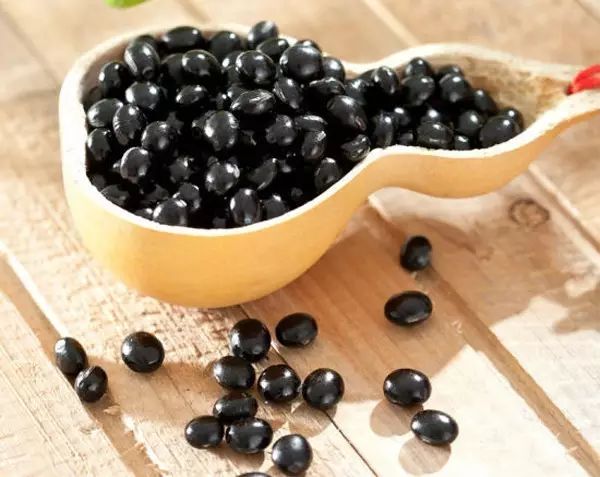 The first method is to use black beans (Heidou) to tonify the kidneys. Black beans have a sweet flavor and neutral nature, with functions to tonify the kidneys, strengthen the body, invigorate blood circulation, promote urination, and detoxify. They are particularly suitable for those with kidney deficiency. The protein content in black beans is more than twice that of beef, chicken, and pork, and twelve times that of milk. Not only is the protein content high, but its quality is also excellent. The amino acid composition of black bean protein is similar to that of animal protein, rich in lysine, and close to the human body’s needs, making it easy to digest and absorb. Therefore, it is referred to as the ‘meat of plants.’ The strong physique of Shaolin monks is partly attributed to their high consumption of legumes. For young women, black beans also have beauty-enhancing effects. They are rich in vitamins, especially vitamin E and B vitamins, with vitamin E content being 5-7 times higher than that of meat. It is well-known that vitamin E is an important substance for maintaining youth and beauty.
The first method is to use black beans (Heidou) to tonify the kidneys. Black beans have a sweet flavor and neutral nature, with functions to tonify the kidneys, strengthen the body, invigorate blood circulation, promote urination, and detoxify. They are particularly suitable for those with kidney deficiency. The protein content in black beans is more than twice that of beef, chicken, and pork, and twelve times that of milk. Not only is the protein content high, but its quality is also excellent. The amino acid composition of black bean protein is similar to that of animal protein, rich in lysine, and close to the human body’s needs, making it easy to digest and absorb. Therefore, it is referred to as the ‘meat of plants.’ The strong physique of Shaolin monks is partly attributed to their high consumption of legumes. For young women, black beans also have beauty-enhancing effects. They are rich in vitamins, especially vitamin E and B vitamins, with vitamin E content being 5-7 times higher than that of meat. It is well-known that vitamin E is an important substance for maintaining youth and beauty.
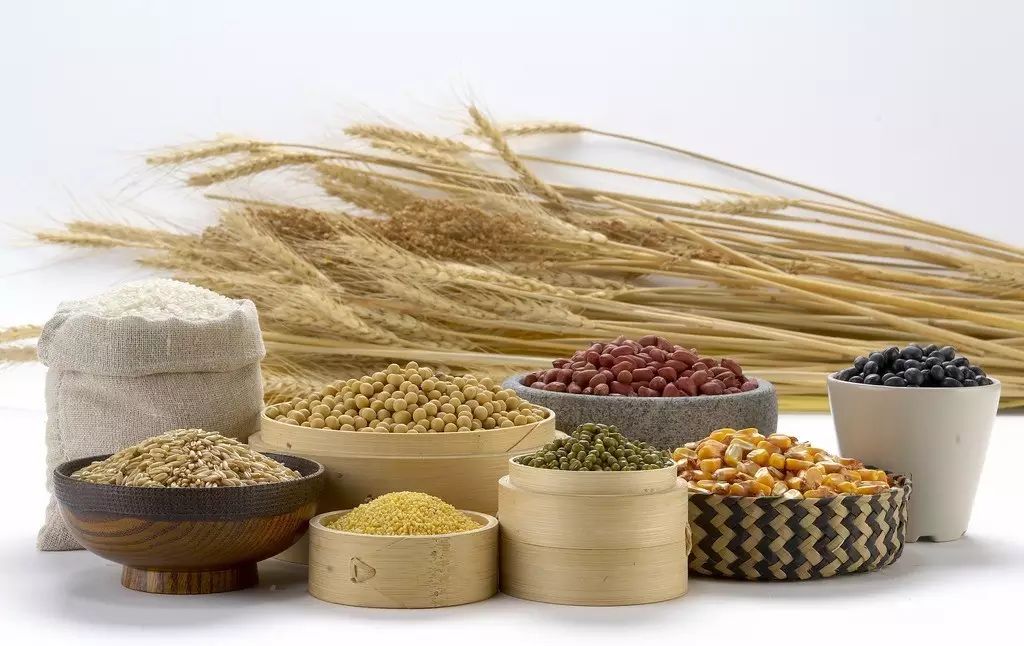
The second method is to use sorghum (Gaoliang) to nourish the liver. Sorghum and soybeans are both considered miscellaneous grains, yet they are indispensable supporting roles among the five grains. Sorghum has the functions of nourishing the liver, benefiting the stomach, tonifying qi, strengthening the spleen, and stopping diarrhea. A nourishing method is to stir-fry sorghum flour, which has astringent and anti-diarrheal effects. Those with chronic diarrhea can consume it for a period to achieve therapeutic effects. For children with indigestion, a sorghum and jujube powder can be used: 60g of sorghum, stir-fried until fragrant; 10 jujubes, pitted and stir-fried until charred, then ground together with the sorghum into a fine powder, mixed with an appropriate amount of sugar. Take 6-12g each time with warm water. This formula uses sorghum and jujubes to benefit the spleen and stomach and stop diarrhea, enhancing the astringent effect on the intestines. It is mainly used for children with weak stomachs, indigestion, reduced appetite, diarrhea, or loose stools.
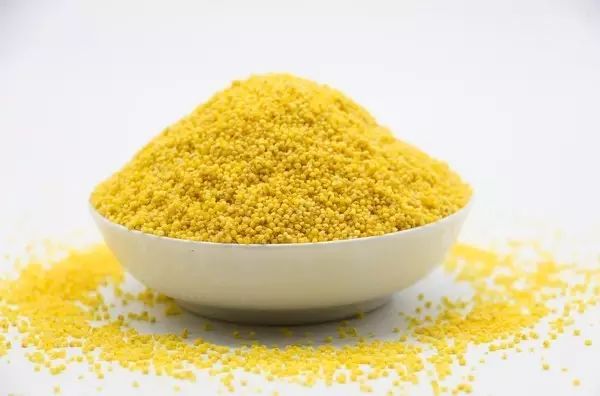
The third method is to use millet (Xiaomi) to nourish the spleen. Millet is considered the top of the five grains, entering the spleen, stomach, and kidney meridians, and has the effect of strengthening the spleen and stomach, especially suitable for those with spleen and stomach deficiency. To nourish the internal organs, one must first nourish the spleen and stomach, making millet an excellent choice for those with physical weakness, as it can tonify the middle, benefit qi, and promote longevity. A nourishing method is to cook a pot of millet porridge and consume the oil from the top layer, which is the essence of millet porridge. Millet porridge is also known as ‘substitute for ginseng soup.’ Additionally, millet porridge has a certain effect on insomnia; drinking it at night can aid sleep. The Bencao Gangmu states that millet ‘treats stomach heat and dysentery, cooked as porridge, benefits the dan tian, replenishes deficiencies, and opens the stomach.’ The sprouts of millet, like malt, contain a large number of enzymes and are considered a medicinal herb with the effect of strengthening the stomach and aiding digestion. Millet porridge has a calming effect. It is advised not to consume millet with almonds. Notably, the nourishing effect of new millet is superior to that of old millet.
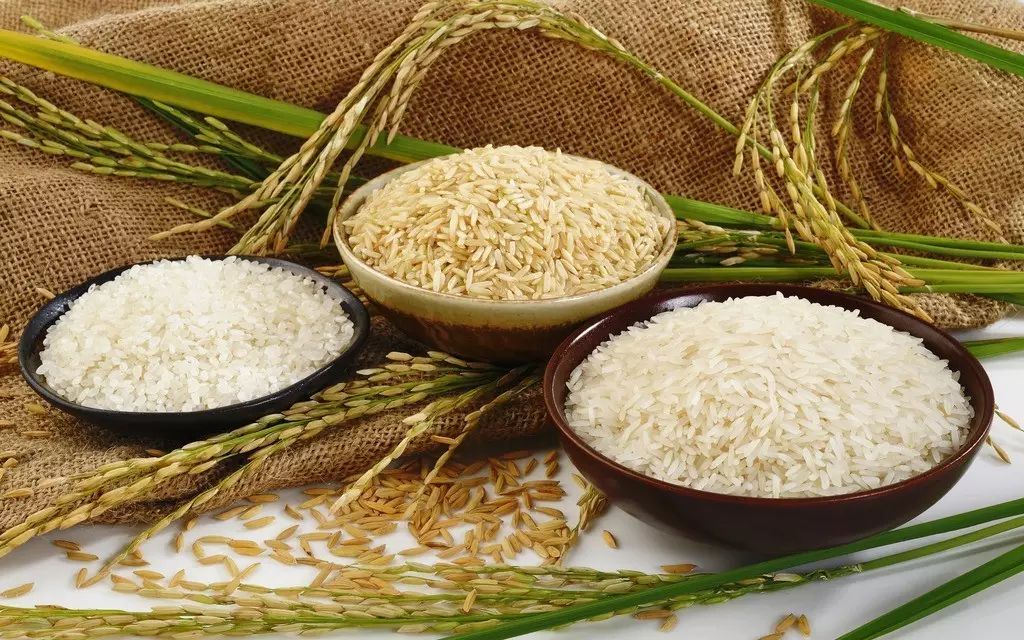 The fourth method is to use rice (Dami) to moisten the lungs. Rice enters the spleen, stomach, and lung meridians, with functions to tonify the middle, benefit qi, strengthen the spleen and stomach, nourish yin, moisten the lungs, and relieve thirst. Ancient health practitioners advocated ‘eating porridge in the morning’ to generate body fluids. Therefore, patients with cough and constipation due to lung yin deficiency can consume rice porridge in the morning and evening. Regular consumption of rice porridge helps generate body fluids and can alleviate skin dryness and other discomforts. Adding some pear while cooking the porridge enhances the TCM health benefits.
The fourth method is to use rice (Dami) to moisten the lungs. Rice enters the spleen, stomach, and lung meridians, with functions to tonify the middle, benefit qi, strengthen the spleen and stomach, nourish yin, moisten the lungs, and relieve thirst. Ancient health practitioners advocated ‘eating porridge in the morning’ to generate body fluids. Therefore, patients with cough and constipation due to lung yin deficiency can consume rice porridge in the morning and evening. Regular consumption of rice porridge helps generate body fluids and can alleviate skin dryness and other discomforts. Adding some pear while cooking the porridge enhances the TCM health benefits.
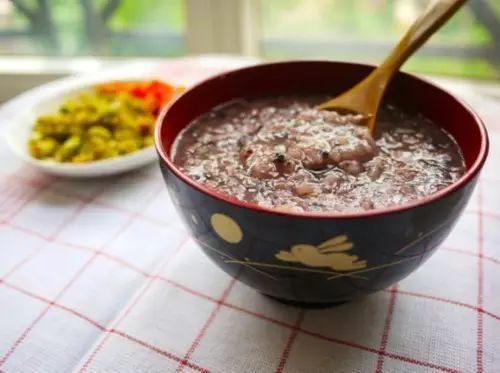
As mentioned above, by adopting the Five Grains Health Preservation Method from the Huangdi Neijing, one can not only regulate the internal organs and promote blood circulation and gastrointestinal peristalsis but also tonify qi and strengthen the spleen and stomach. It is evident that mastering the correct method of grain health preservation greatly contributes to one’s health.
Company Name: Shenyang Yida Health Management Consulting Co., Ltd.
Company Address: No. 93, Changqing Street, Shenhe District, Shenyang, Liaoning Province
Company Phone: 024-31320277 13940299809
Company Website: www.ydyst.com
Company Email: [email protected]
WeChat Public Account: jk_yida
